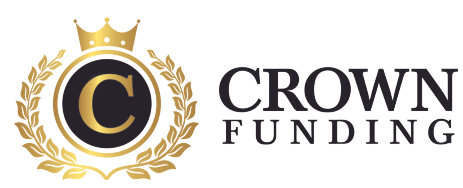How Does The Mortgage Stress-Test Affect Your Borrowing Power?
Mortgage Stress-Test
Simply put, the new mortgage stress-test rule, that went into effect on January 1, 2018, requires the banks to qualify the borrowers for home mortgages either at the Bank of Canada’s five-year conventional mortgage rate or at two percentages higher than the contracted rate, whichever is higher.
The Bank of Canada’s five-year conventional mortgage rate as of September 2018 is at 5.34%
The mortgage stress-test definitely shrinks your borrowing power. Let’s say you and your spouse earn $150,000 a year. Let’s assume that you have consumer debts on which you pay a total $500 a month payment. Let’s also assume that the house you want to buy, you’ll pay $200 in monthly property tax and $100 in monthly heating cost. These are just assumptions for illustration sake.
Let’s say that you will put 20% down and the mortgage rate is 3.50% for a 25-year mortgage. If the bank uses a TDS (Total Debt Service) ratio of 40%, the maximum mortgage you could qualify for is $841,227.
But, under the new stress-test, you will have to qualify at 5.50%. The maximum mortgage you could qualify at 5.50% is $688,083 instead of $841,227. That is a huge drop of $153,144 in your buying power. So, either you come up with that extra amount or buy a lower priced house or maybe even a Condo or a Townhouse. The new changes will definitely limit access to mortgage for some home buyers.
What prompted the introduction of this new stress-test?
There are two things that prompted the OSFI (Office of the Superintendent of Financial Institutions) to take this step. One is the assumption that interest rates are going to rise. They do not want borrowers to get caught off-guard a few years from now when the rates go up. They want to make sure that the borrowers, especially the ones who are opting for variable rate now, will be able to handle the payments if the rates were to rise by up to two percentage points or even more. The hope is that these changes will enhance the resilience of the Canadian banking system.
The second reason is the growing concern that Canadians are carrying the highest private debt load out of any country in the world, according to a pre-released portion of a new report from the Organization for Economic Cooperation and Development.
According to TD economist Brian DePratto, the new rules will likely further slow down housing activity, possibly dragging down prices by between 2 and 4 percent over 2018. Also, the new rules will likely steer some buyers toward provincially-regulated mortgage lenders, such as Credit Unions, which are not affected by the OSFI changes.
The stress test does not apply to Private Mortgages that are funded by MIC’s (Mortgage Investment Corporation)s, Mortgage Funds, Trusts, and private investors.
Jeet Singh has over 20 years experience in mortgage investments, origination, and underwriting. He can be reached at 778-320-9494 or jsingh956@yahoo.com
